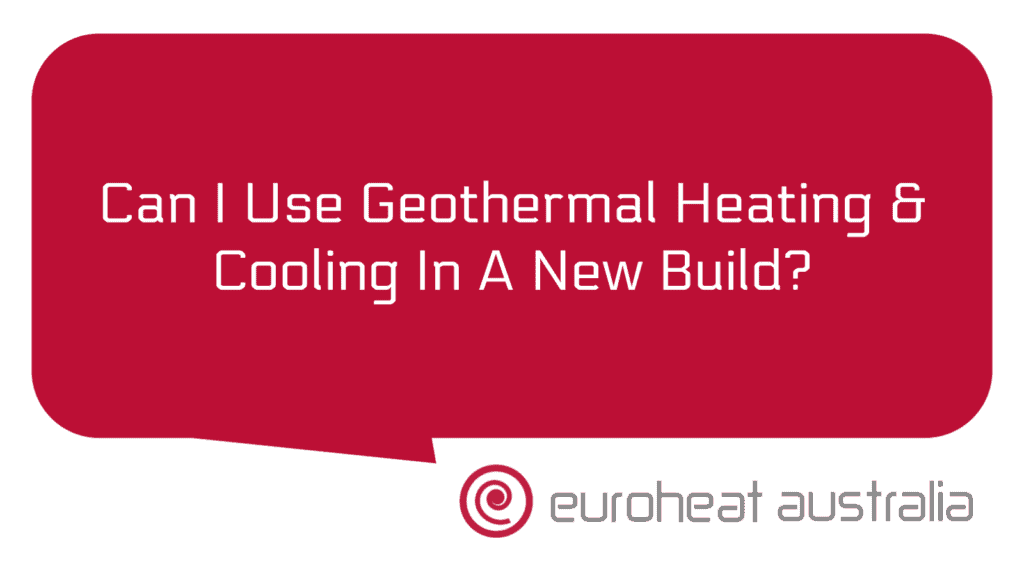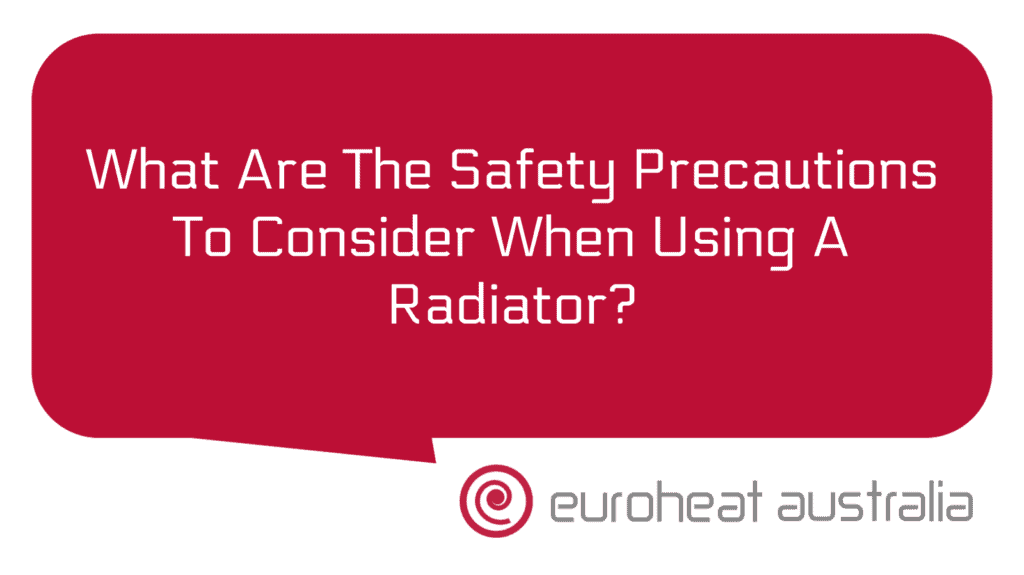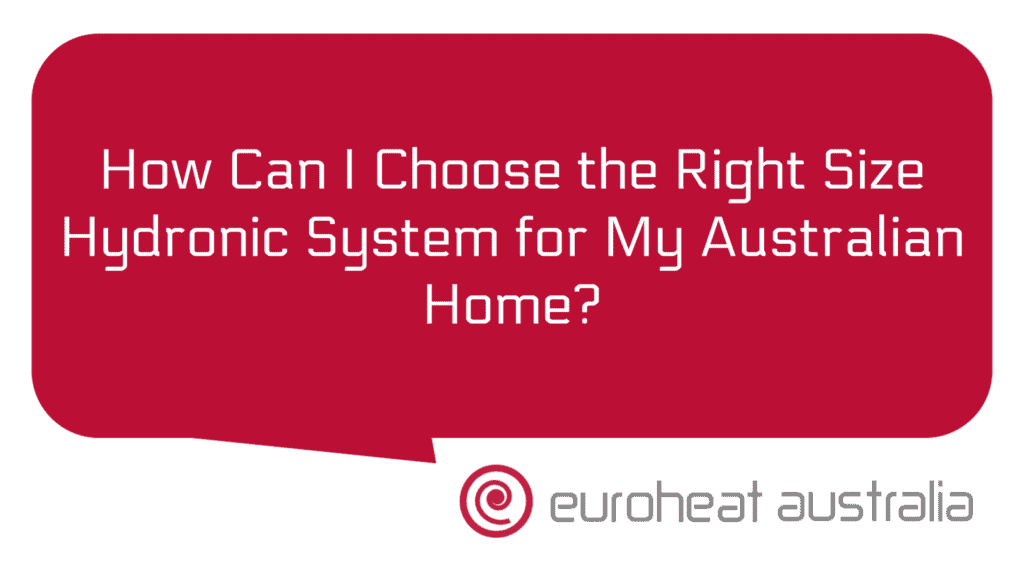In Australia, the summer months can be hot and the winters cool. For those looking to keep their home comfortable year round, a heat and chill recovery system is an excellent choice. Heat pumps and pool heaters can be expensive to run, but with the right system, you can save money and improve comfort. This article looks at the different types of waste heat pool heating systems available, their benefits and how they work in general.
The most common type of waste heat pool heating system is a hydronic heating system. This uses water as a medium to move heat from one place to another. In this case, it takes the waste heat from your home or office AC unit and transfers it to your swimming pool or spa. The benefit of using a hydronic system is that it is energy efficient, as the water acts as a natural buffer between the two temperatures. The water also helps to maintain an even temperature, so you don’t have to worry about cold spots in your pool or spa when running a hydronic system.
Another type of waste heat pool heating system is a geothermal pool heater. These systems use underground pipes that absorb thermal energy from below the ground surface and then transfer it into your swimming pool water. Geothermal systems are extremely efficient as they don’t require any additional energy input such as gas or electricity – instead, they tap into naturally occurring thermal energy sources below the ground surface.
Solar pool heating systems are also becoming increasingly popular for those looking for an efficient way to keep their pools warm without having to resort to costly gas or electric powered units. Solar systems utilise solar panels which collect solar radiation from sunlight and convert it into usable energy which can then be used to warm up your swimming pool water during sunny days. Solar panels are usually installed on rooftops or other locations which receive direct sunlight throughout most days of the year – making them ideal for those living in sunnier climates such as Australia’s Gold Coast or Darwin regions.
The last type of waste heat pool heating system available is a hybrid system. Hybrid systems combine two or more types of energy sources such as solar panels and geothermal wells to provide efficient heating for pools all year round – even during winter months when sunlight may be limited due to cloud cover or rainstorms!
When installing any type of waste heat pool heating system it’s important that you have experienced professionals design & construct your hydronic heating & cooling systems with 30 years experience like Euroheat Australia in Perth who specialize in design & construction of all types of hydronic systems for residential & commercial applications including waste heat recovery systems for swimming pools & spas.. Additionally, by using Euroheat Australia services you will receive complete technical support throughout every step ensuring that you get maximum efficiency from your new installation while also optimizing on cost savings due to reduced electricity bills over time – saving you money on energy bills while keeping your family safe & comfortable all year round!
For example; if you install an 8 kW geothermal pump which has an efficiency rating (COP) of 4 – this means that 8 kW’s worth of electricity will generate 32 kW’s worth of thermal energy – resulting in 24 kW’s worth saved annually (32-8=24). In terms money this could equate up-to $3200 annual savings based on current electricity rates! By using Euroheat Australia services you can ensure optimal operation & performance while also receiving full technical support at every stage – all in one cost-effective package!
In conclusion; there are many different types of waste heat pool heating systems available depending on what best suits your needs – each with benefits that make them unique & suited for certain applications such as geothermal pumps being perfect for those who want maximum efficiency with minimal running costs over time! By using experienced professionals like Euroheat Australia who specialise in design & construction services for all types hydronic heating & cooling systems – including waste recovery solutions – you can ensure optimal performance & minimise running costs over time – providing ultimate peace-of-mind knowing that your family are safe & comfortable all year round!





